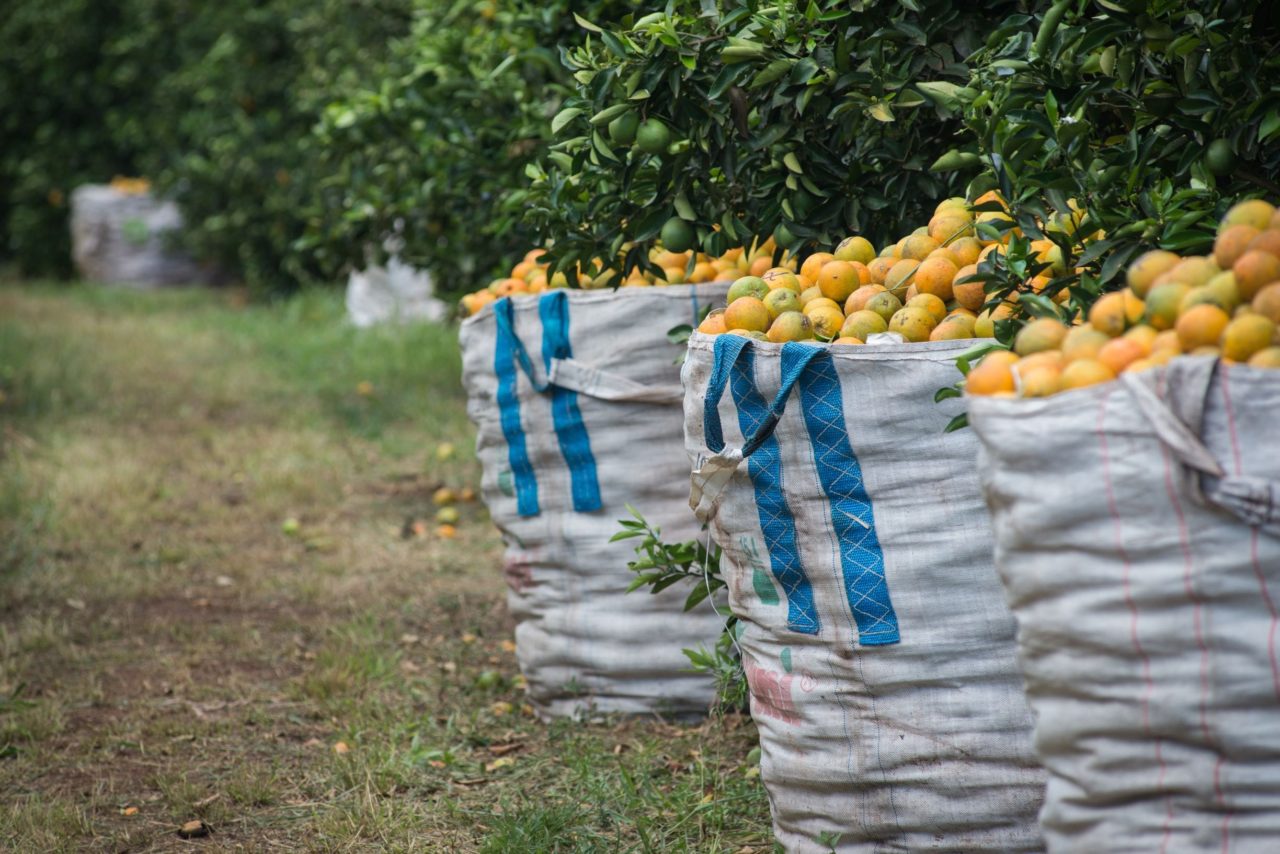Together we are going for a sustainable fruit chain

How does it work exactly, such a mass balance system? In the mass balance system, CoolBest buys cartons (SIGNATURE- quality mark) instead of conventional cartons from it carton supplier. These sustainable cartons are more expensive than conventional cartons and with this, plant-based materials are purchased.
The manufacturer of the plant-based material (plastic) is not obliged to keep the sustainable raw materials fully separated from the other raw materials he processes. He may deviate from it, as long as the product volume he sells as plant-based exactly matches the volume of plant-based materials he has processed. In this way, we have a balance in materials that enter and exit a production system. Because the plant-based materials are mixed with the fossil raw materials, the percentage plant-based materials per carton can’t be determined. The manufacturers of the plant-based plastic would experience an inefficient process if they separate all conventional and sustainable materials during the complex machining processes. This can make the process so expensive, that manufacturers don’t want to cooperate in producing more sustainable materials. Therefore, the mass balance system aims to gradually replace fossil raw materials with renewable materials and both raw materials can be mixed during the process. CoolBest pays for the more sustainable cartons and therefore purchases plant-based plastics from its carton supplier for the CoolBest volume, even though the plant-based materials don’t always end up 1 to 1 in the carton with the SIGNATURE quality mark. By buying and using the quality mark, CoolBest invests in creating a more sustainable industry and that’s why mass balance is always a good investment.
ISCC auditors closely monitor manufacturers’ compliance with the rules. ISCC stands for International Sustainability & Carbon Certification and this organization provides a credible and controlled framework in the book- and claim system which is internationally acknowledged for transparency and traceability.
The juice industry is not the only industry using the mass balance system. The plant-based plastics in sustainable cartons can be compared to green energy and the mass balance system is also used for chocolate. It has been established within the International Fairtrade Guidelines, that tea, sugar, cacao, hazelnuts and fruit juices may use the mass balance system. For CoolBest this means: The more sustainable cartons the consumer buys, the more plant-based materials are used and the more sustainable the industry becomes.
The more sustainable cartons the consumer buys, the more plant-based materials are used and the more sustainable the industry becomes.
In addition, the sustainable cartons ensure that the average CO2-footprint is lower compared to a standard carton. The CO2-emissions of the sustainable cartons are now 37.7% lower with the 500 ml cartons, 43.0% lower with the 1 L cartons and 50.7% lower with the 1500 ml cartons. This performance has been assessed and approved by a critical ISO-compliant Life Cycle Assessment (LCA). This can be compared to driving 3 million km, or 75 laps around the world by car. With 23 million cartons a year, CoolBest seriously contributes to a sustainable future.